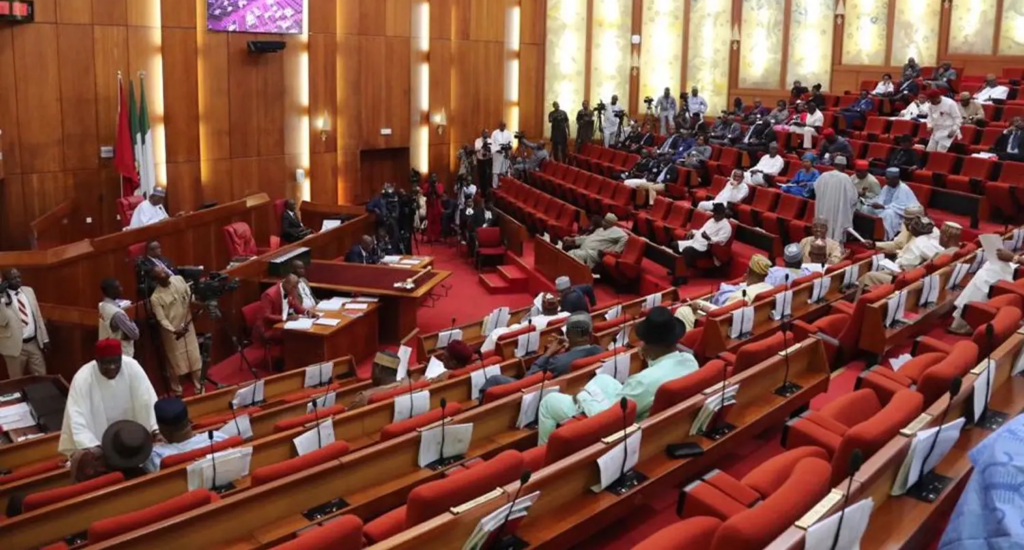Socio-Economic Rights and Accountability Project (SERAP) has urged Senate President Ahmad Lawan to drop a Bill that will give repentant Boko Haram terrorists access to public funds for their education.
The organisation noted that the bill, which has passed the first reading at the Senate, would enable ‘repentant terrorists’ to receive foreign education.
This will include accessing funds from the Universal Basic Education Commission (UBEC), the Tertiary Education Trust Fund (TETfund) and subventions from the government.
In a letter, dated February 28, 2020 by its Deputy Director Kolawole Oluwadare, SERAP said: “This Bill erodes justice and makes a mockery of the suffering of victims, and the unspeakable human tragedy, humanitarian crisis and appalling atrocities committed by the Boko Haram terrorist group.
“By calling Boko Haram members ‘ex-agitators’, the Bill mocks the victims of appalling atrocities committed by the terrorist group, and is a blatant affront to victims’ dignity. ‘Repentant Boko Haram terrorists’ are not ‘ex-agitators’; they are terrorists under Nigerian and international laws.”
“Boko Haram members should not be allowed to enjoy foreign education while over 13 million Nigerian children of school age are roaming our streets. Alleged perpetrators of gross violations should not get the benefits at the expense of these and other deserving children. Rather than allow perpetrators to access public funds to enjoy foreign education, the Senate should be promoting reparation for victims, to prevent future criminality and ensure the best interest of justice.
“Should the Senate go ahead to pass the Bill, and should the Bill be supported by the House of Representatives and assented to by President Muhammadu Buhari, the Registered Trustees of SERAP shall take all appropriate legal actions, nationally and internationally, to challenge the legality of any such law and ensure that it is never implemented.”
The organisation added: “Prioritising the education of Boko Haram members over the rights of Nigerian children to quality education is discriminatory, as it violates Nigerian constitutional provisions, international and regional human rights obligations, and will undermine national development.
“This Bill serves neither justice nor the public interest. The Bill also does not represent value for money for Nigerian taxpayers, especially coming from an institution whose individual member reportedly takes home about N182 million yearly, translating to N15.1 million monthly or N45.3 million quarterly.
“Internally displaced persons (IDP) camps in many parts of the country are in shambles, with people lacking access to basic necessities, like food, clothing and children of victims lacking access to basic education.”
“Without justice, the seeds of future criminality and militant terrorism will grow. This Bill, if passed, would only lead to more terrorism and suffering.”
